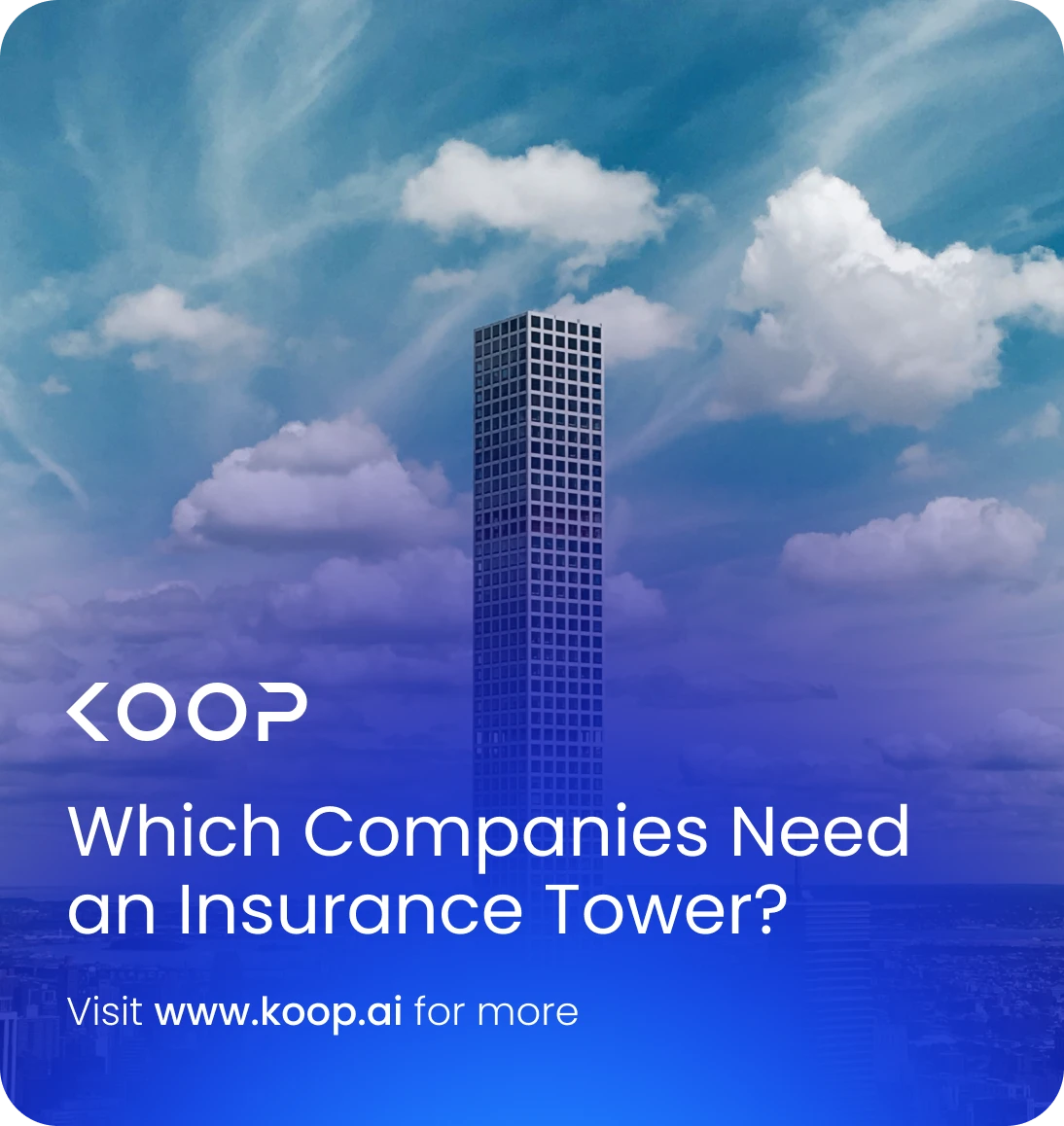
The first word people associate with insurance is probably policy, and for good reason. There are several business insurance policies – including general liability and product liability – that many companies ought to have. In some circumstances, though, a single policy doesn’t provide enough coverage to offset the risk a company faces. That’s when they may encounter a less common term in underwriting: the insurance tower.
An insurance tower takes multiple policies and integrates them into a single structure that helps companies obtain coverage limits. Each layer of the tower typically has a different underwriter (policy provider) and sits on top of a primary policy. Here’s how that could look in practice:
- A tech company is looking for cyber liability insurance to protect against hacks, data breaches, and insider threats with a $6 million coverage limit
- They first find a cyber policy with coverage up to $2 million, known as a primary layer. They’re well on their way to fully-covered but still need additional protection
- Their primary layer provider says, “Ok we’ll insure you from zero to $2 million and we’ll partner with additional underwriters to secure coverage from $2-6 million.”
- The primary provider finds a secondary and tertiary provider, each willing to cover cyber risk from $2-4 million and $4-6 million respectively. These policies can be called excess or high-level excess because they provide coverage in excess of the primary policy.
And, voila! Our tech company now has $6 million in coverage should they need it, while none of their underwriters face any risk in excess of $2 million each. All thanks to the insurance tower. The question then becomes: which types of technology companies face high risk levels?
Software Developers: Companies developing widely-used software or applications might need extensive coverage to protect against claims related to software failures, data breaches, or intellectual property disputes.
Data Centers and Cloud Service Providers: These companies store and manage vast amounts of data for other businesses. They require high coverage limits to protect against data breaches, service interruptions, and liability for data loss.
Biotech and Pharmaceutical Companies: These firms often handle sensitive research data, intellectual property, and high-stakes clinical trials, requiring substantial coverage for potential claims.
Autonomous Vehicle Technology Companies: Companies developing self-driving cars or related technologies require substantial coverage for potential accidents, software failures, and product liability claims.
Of course, there are other verticals in technology that also face large liability claims. Robotics companies, for example, face similar challenges to autonomous vehicle technology firms. With the help of structures like the insurance tower, teams can freely innovate without worrying about exposure to claims that could end their business entirely.
Koop’s customer assurance platform helps tech companies seamlessly navigate the complexities of business insurance, regulatory compliance, and security automation in one place.
We provide a comprehensive suite of insurance coverage that includes General Liability, Technology Errors & Omissions, Cyber Liability, and Management Liability coupled with the most cost-effective SOC 2 compliance certification on the market.
Ready to learn more? Visit our website at https://www.koop.ai or drop us a note at hello@koop.ai.





